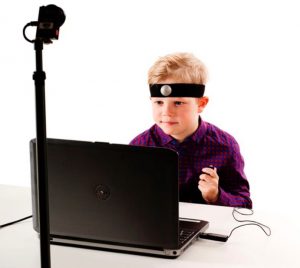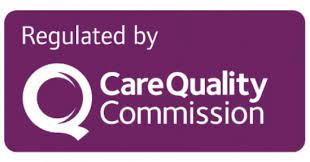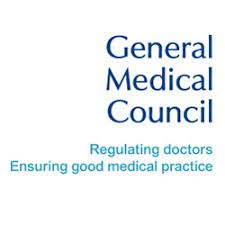Neurodevelopmental disorders like Autism and ADHD can present with behavioural and educational difficulties.
In addition, late diagnosis carries an increased risk of developing mental health illnesses in adolescence and adulthood. However, the team at Paediatric Diagnostics know that diagnosing these conditions as early as possible can enable early treatment, which can have very encouraging results.
The Qbcheck test created by Qbtech helps to provide the clinician with an in-depth analysis and aids them in ruling or diagnosing ADHD more efficiently. It is an advanced test of objective symptoms associated with ADHD. It is FDA-cleared to aid professionals in diagnosing and treating ADHD. QbCheck is used to gain a clear understanding of your symptoms.
ADHD has three main symptoms:
1. Inattention – the extent to which someone can remain focused on a task
2. Hyperactivity – the amount of movement, e.g. tapping foot, fidgeting
3. Impulsivity – lack of impulse control, e.g. blurting out answers in class
The test will be performed on a computer with a built-in web camera. During the test, a number of symbols are shown on the computer screen. The task is to push the space bar when a specific symbol appears on the screen. Meanwhile, a web camera uses facial recognition technology to track your child’s movements during the test. The test takes 15 – 20 minutes to complete (depending on your child’s age) and is not dependent on your child’s language, reading or mathematical skills. Once your child has completed their test, the result will be sent to the consultant, who will discuss them together with other information during your child’s next appointment.




